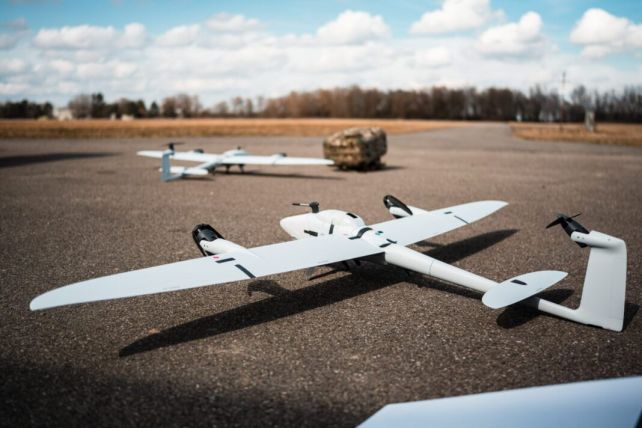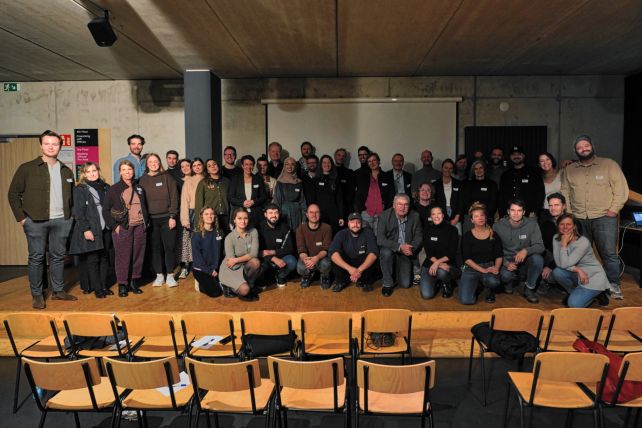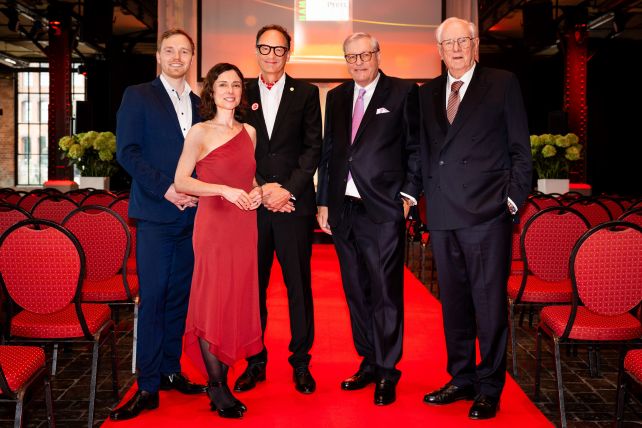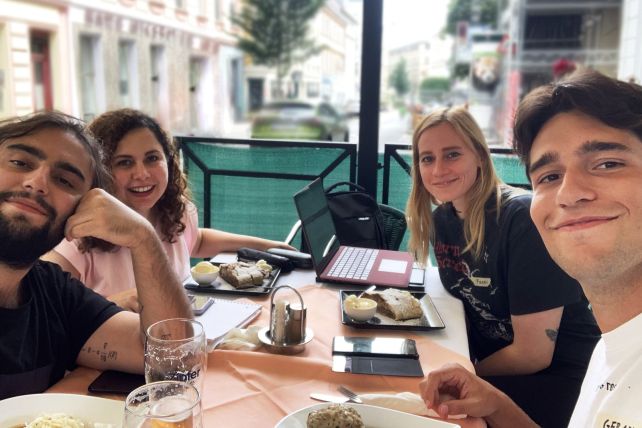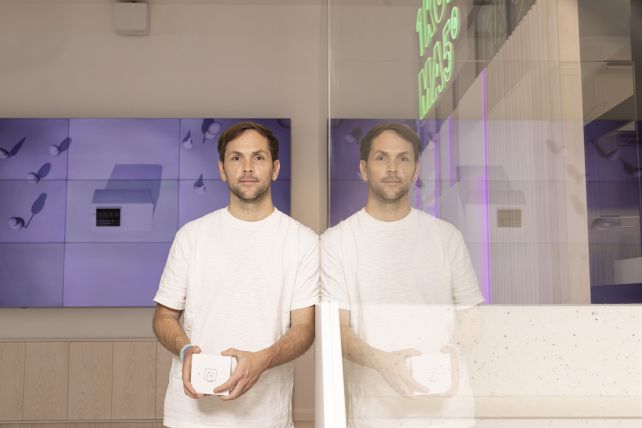500,000 euros for climate protection startup CarbonStack
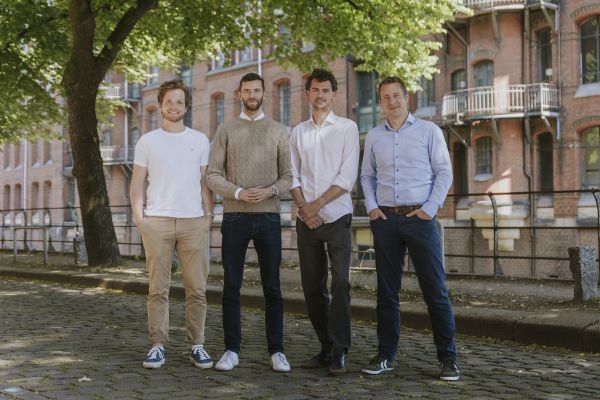
Even with the best will in the world, it is often impossible to avoid CO2 emissions in companies. Reforestation projects offer themselves as compensation. The Hamburg-based startup CarbonStack helps to execute such projects and ensures the highest possible transparency. It has now received seed funding of 500,000 euros for this purpose.
A special feature of CarbonStack is its focus on regional reforestation projects. This spring, for example, more than 45,000 trees have already been planted in Germany under the leadership of the startup, mainly in forest areas that are suffering greatly from climate change. Other large projects are underway in the Harz Mountains and North Rhine-Westphalia right now, and this is just the beginning. With the help of the seed funding from business angel Per Liljenqvist, the four-person founding team, consisting of Julian Kakarott, Noah Winneberger, Jesper Kolk and Jann Wendt, will now further develop existing technologies in the areas of blockchain, remote sensing - monitoring the earth's surface via satellite - and environmental modeling for precise forecasting of CO2 sequestration.
"We are very excited about the confidence in our vision. Investing in our technology will allow us to scale offset opportunities faster, document them more accurately, and attract new customers," said Julian Kakarott. In addition to the seed funding, CarbonStack recently received InnoRampUp funding from the IFB Hamburg. Here, the high level of technological innovation was particularly convincing.
Using blockchain technology, CarbonStack makes companies' CO2 offsets tamper-proof and documents origin and effect transparently for all parties involved. The startup also relies on satellite data to identify those areas in Germany where new tree cover is urgently needed. At the same time, the satellite images can be used to measure the success of the reforestation. To do this, CarbonStack uses the latest generation of earth observation satellites, which send images from space to earth with a resolution of 30 centimeters per pixel, making virtually every single tree visible. So far, the startup has analyzed data from 1.5 million trees in the DACH region.

